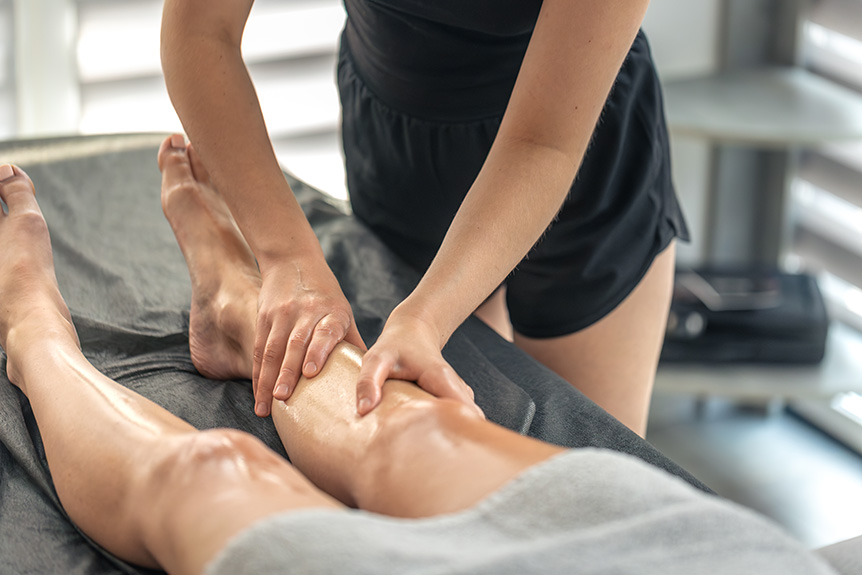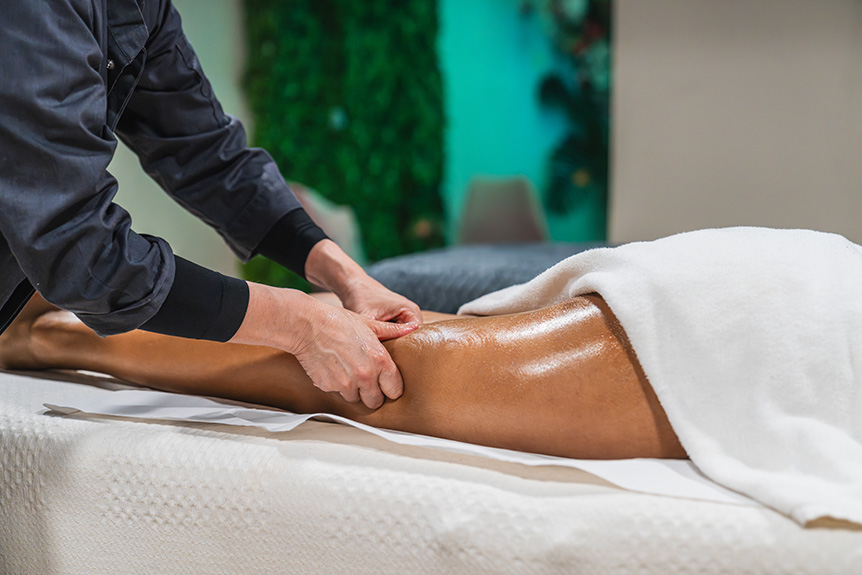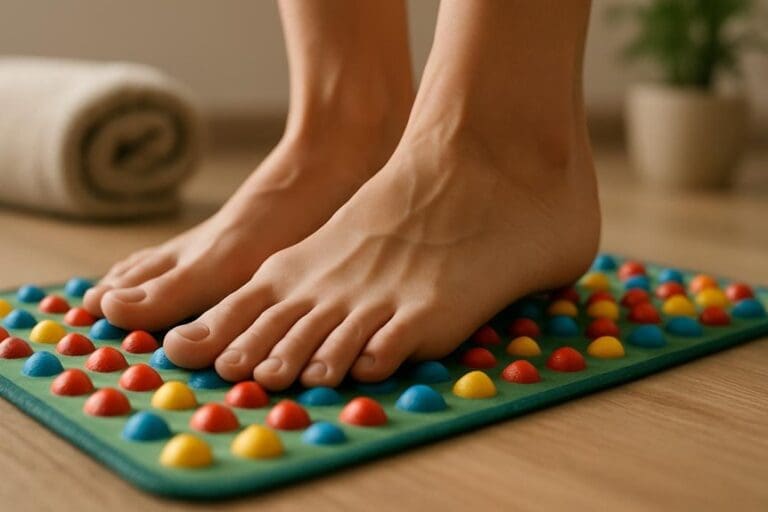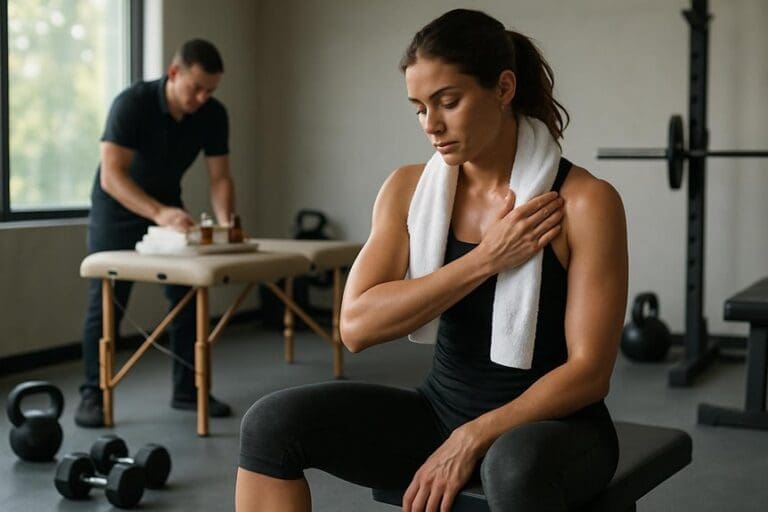In the UK, tipping a athletic recovery massage therapist is optional and based on satisfaction. Many clients add 10–15% for exceptional, attentive care, especially after clear assessments, effective techniques, or notable outcomes like reduced tension or improved mobility. Typical gratuities are £10–£15 for 60 minutes, with cash or adding at reception preferred. Therapists value feedback, rebooking, and referrals as much as tips. Fees cover fair pay; gratuities simply recognise extra effort. Practical alternatives and payment options are outlined below.
Understanding Tipping Etiquette for This Massage

In many London clinics, tipping is discretionary, typically 10–15% when service exceeds expectations. Evidence from client satisfaction studies suggests gratuities align with perceived skill, attentive communication, and personalised aftercare.
At Spa & Massage, therapists prioritise outcomes—pain relief, mobility, and recovery—so clients should feel no pressure; a sincere thank-you or review is equally valued.
Clear indicators for tipping include: meticulous assessment, goal-focused techniques, measured pressure, and practical guidance that supports training schedules. Clients may add more for complex cases, longer sessions, or seamless continuity across a treatment plan.
Preferred methods are adding a tip at reception or discreet cash. Ultimately, gratitude should reflect impact—comfort restored, tension released, and confidence regained.
Some sports massage therapists also incorporate the healing power of reflexology into their sessions, which may further enhance recovery and client satisfaction.
When Tipping Is Appropriate in the UK
In the UK, tipping a athletic recovery massage therapist is discretionary and context-driven, guided by service quality rather than obligation. It is considered appropriate when care feels attentive, the treatment plan is clearly explained, and outcomes—such as reduced tension, improved range of motion, or faster recovery—are evident.
Clients may also tip after urgent pre-event support, extended time, or thoughtful aftercare guidance.
At Spa & Massage clinics across London, therapists prioritise clinical results and personalised comfort; a tip is welcomed but never expected.
Some clients choose to tip when therapists adapt techniques sensitively, use targeted pressure effectively, or offer tailored advice on stretching, hydration, and pacing. Others express appreciation through positive reviews or rebooking—equally valued acknowledgements of meaningful, professional care.
How Much to Tip an Athletic Recovery Therapist
Building on the idea that tipping is discretionary in the UK, appropriate amounts typically fall within a modest range that reflects service quality and session length. For athletic recovery massage, clients often choose £5–£10 for 30–45 minutes, £10–£15 for 60 minutes, and up to £20 for 75–90 minutes when the therapist exceeds expectations.
A simple 10% guide also works, adjusted for outcomes such as reduced pain, improved mobility, and attentive communication.
From Spa & Massage’s perspective, clarity matters: tipping should never replace fair fees, and no client should feel obliged. Many guests prefer to tip in cash directly to the therapist; others add gratuity at checkout. When uncertain, clients may ask reception discreetly.
Consistency—rewarding skilled, attentive care—helps sustain excellent therapeutic standards.
Alternatives to Tipping: Showing Appreciation
For clients who prefer not to tip, simple actions can still have measurable impact.
A brief thank-you note highlighting outcomes—such as reduced muscle tension or improved range of motion—provides meaningful feedback.
Rebooking supports continuity of care aligned with Spa & Massage treatment plans.
Referring friends or teammates extends access to qualified athletic recovery massage in our London clinics while acknowledging the therapist’s expertise.
Write a Thank-You Note
Although tipping is appreciated, a concise thank-you note can be just as meaningful and memorable. Research in healthcare settings shows that specific, sincere feedback strengthens practitioner motivation and supports consistent quality.
A brief handwritten card or a thoughtful email that names what eased discomfort—pressure, pacing, or guidance on stretches—helps the therapist understand what worked and replicate it.
At Spa & Massage clinics across London, therapists value notes that mention outcomes (“neck pain eased for 48 hours”) and techniques used during athletic recovery massage (trigger-point work, myofascial release). Including when relief occurred—after the session, post-run, or the next morning—adds clinical clarity.
Keep the tone warm, direct, and private. Close with consent to use anonymised comments internally, reinforcing shared goals: safer recovery, steadier performance, and attentive care.
Rebook and Refer Friends
A thank-you note can be complemented by action: rebooking and referring friends meaningfully support a therapist’s work and continuity of care.
Evidence suggests consistent scheduling improves outcomes for sports-related tension and recovery. By rebooking before leaving the clinic, clients secure momentum, reduce symptom flare-ups, and help therapists plan progressive treatment.
At Spa & Massage in London, therapists typically recommend a cadence based on training load—often every 2–4 weeks for active clients—adjusted after each session.
Referrals also matter. When a client shares a therapist’s profile with a teammate or partner and offers a brief, specific reason for the recommendation (e.g., shoulder rehab expertise), it guides the right match.
Many clients choose to refer within their local studio—Crouch End, Bayswater, Chiswick, Earl’s Court, Belsize Park, or Richmond—for convenience and continuity.
Spa & Massage Policies and What Our Therapists Appreciate
While tipping is never required at Spa & Massage, clear guidance helps clients feel at ease. Their policy is simple: gratitude may be expressed in any form—verbal thanks, written feedback, or a discretionary gratuity—without expectation.
Therapists are compensated fairly; tips are treated as a personal choice, not a social obligation. What therapists consistently appreciate most is clarity and care.
Clients who arrive a few minutes early, communicate goals and pressure preferences, and report any discomfort help create safer, more effective sessions.
In clinics, therapists use high‑quality, hypoallergenic oils and adjust techniques to match recovery needs; acknowledging these adjustments matters.
Specific, sincere feedback—what relieved tension, what felt supportive—guides refinements. Rebooking with intention and leaving a constructive review affirm trust more than any envelope ever could.
Booking, Payments, and Practical Tips for Your Visit
For clarity before the session, Spa & Massage offers easy online booking, transparent pricing, and confirmation emails that summarise appointment details.
Clients can pay by card or contactless at all London clinics, and may add an optional gratuity at checkout or in person if they wish.
To streamline the visit, they are encouraged to arrive a few minutes early, complete the health form online, and confirm any tipping preference discreetly at payment.
Easy Online Booking
From browsing available slots to confirming payment, Spa & Massage streamlines booking so clients can secure a athletic recovery massage in minutes. The online portal shows real-time availability across Crouch End, Bayswater, Chiswick, Earl’s Court, Belsize Park, and Richmond, allowing swift comparison of times, durations, and therapist profiles.
Clear service descriptions help clients match goals—recovery, mobility, or pre-event readiness—with suitable session lengths.
Clients can create an account to save preferences, health notes, and appointment history, enabling therapists to personalise care upon arrival. Automated confirmations and reminders reduce no-shows and support consistent training plans.
For convenience, rescheduling is available online within stated windows. Practical tip: select a slot leaving buffer time for travel and a brief intake. Booking early before competitions ensures continuity with a preferred therapist.
Payment and Tipping Options
After securing a athletic recovery massage online, attention turns to straightforward payment and optional tipping.
At Spa & Massage, clients may pay by card at booking or in-clinic; contactless, major cards, and prepaid e-gift cards are accepted. Transparent pricing is confirmed in the booking summary, so there are no surprises.
Tipping is entirely optional and never expected. Many clients add 10–15% to acknowledge exceptional care, but a sincere thank-you or rebooking conveys appreciation just as meaningfully.
For convenience, gratuities can be added at checkout or given in cash directly to the therapist.
Clients using company benefits or packages can still tip separately if they wish.
Our therapists prioritise outcomes—reduced tension, enhanced mobility, safe recovery—and will guide post-session self-care regardless of tipping.
Conclusion
In the end, tipping becomes a gentle ripple rather than the whole sea—an optional gesture that complements professional care. Readers walk away with a clear compass: when tipping fits, what ranges suit London norms, and how to express gratitude without cash. With Spa & Massage, the priority remains clinical excellence and client outcomes. Whether through a small gratuity, a sincere review, or rebooking, clients can close each session feeling confident, respected, and at ease—like exhaling after a restorative stretch.



